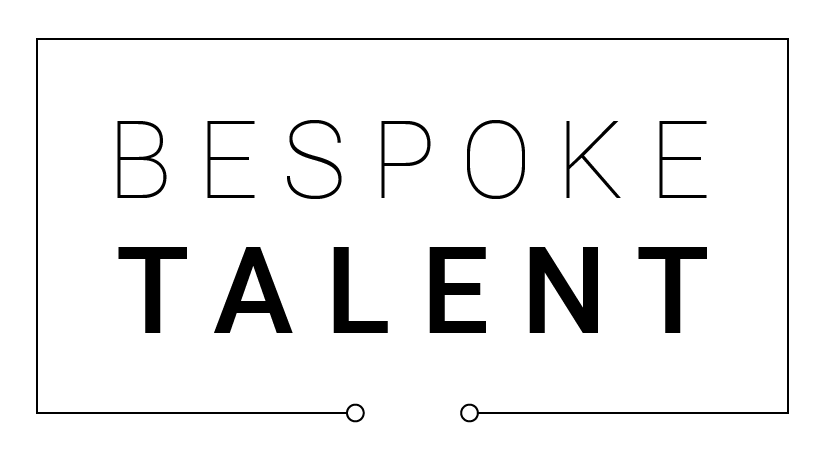Day 6/7: 7 Days To A Better LinkedIn Profile
This is Day 6 of a 7-day article series that was kicked-off by “4 Ways You’re Looking at Your LinkedIn Profile Wrong and 7 Days To Fix It” and is designed for any sales person, whether happy or looking. It offers profile ‘must-haves’ and attempts to anticipate objections.
Today, I’m asking you to think about validating your character/narrative by requesting endorsements and highlighting certain extracurricular activities.
There are two types of endorsements in LinkedIn: skills and recommendations. We’ve all been asked if a colleague (or stranger) has certain skills through LinkedIn’s pseudo pop-up messages (i.e.: ‘Does Dave know about SaaS?’). For this discussion, let’s leave those out. By the way, did you know you can opt-out of giving and receiving these?
Instead, let’s focus on recommendations. These are generally tied to a role you’ve had and are either unsolicited or, more likely, the result of you actively seeking them out. These type of endorsements are a powerful way to support your narrative. If you don’t have anyone throwing a recommendation at you, it’s perfectly acceptable to ask people you’ve sold to or worked with to publicly endorse you with a comment on your character and performance. Heck, write it yourself, and ask them if they’d agree to put their name on it. Remember writing countless letters of recommendations for your professors? Not that different.
Strong testimonials certainly beef up your profile, but they also provide a view of you with a different lens. You most certainly possess skills and strengths you’re not aware of. Give customers, execs, and peers an opportunity to reveal these publicly. And the act of giving (or not giving) a recommendation is feedback in and of itself. On the flip side, if you’ve been asked to provide a recommendation for someone else, consider it a complement. Out of all the people they know, they chose YOU to comment on them.
Another great way to support your narrative is to highlight special activities that reflect leadership, drive, initiative, and other qualities desirable in salespeople. Are you a former professional/collegiate athlete, debate clubber, or stand-up comedian? Did you earn significant scholarships or work through college to leave debt-free? Serve as a student senator? By all means, advertise these! Carefully weave these into your profile or better, list them at the bottom. Leave the golf, hiking, and basket weaving out.
Anticipated Objection: “You’re telling me I can’t list out my hobbies/interests? But I’m a person! And they should want to know me!”
And you should allow potential employers to know you. But after they qualify you as a candidate in the second or third interview, when they have earned the privilege of knowing what you do during the hours they won’t be paying you.
For those who feel a Facebook-like profile helps prospects and customers see the “real” you, think about this: Do your company’s product brochures talk about the bean bags and ping pong tables in the break room? Potential customers may be interested to see this when evaluating for culture fit at the final stages, but up front it’s irrelevant. Same with your free time and personal activities. Remember, YOU are the product on your LinkedIn profile– make it a professional product, that makes people want to learn more, not scratch their head.
